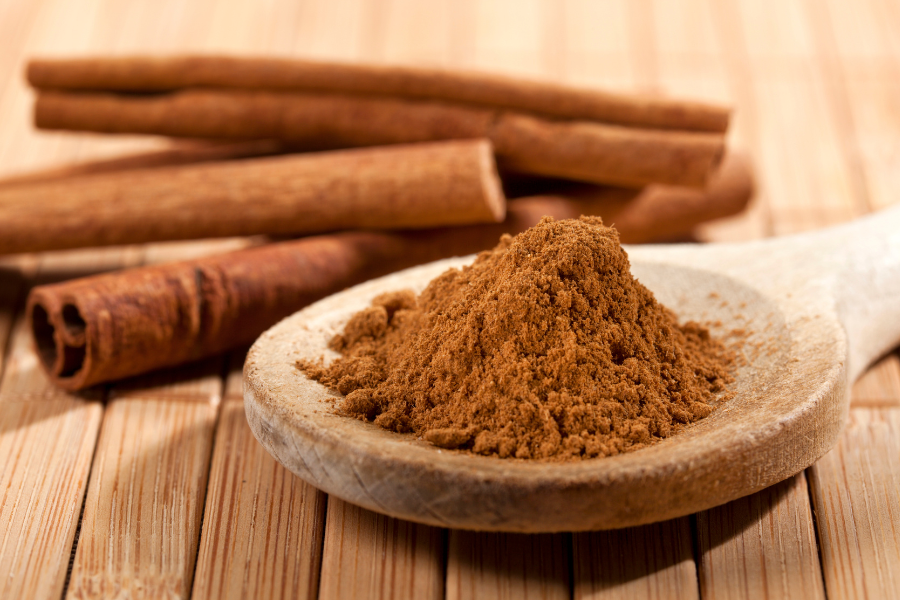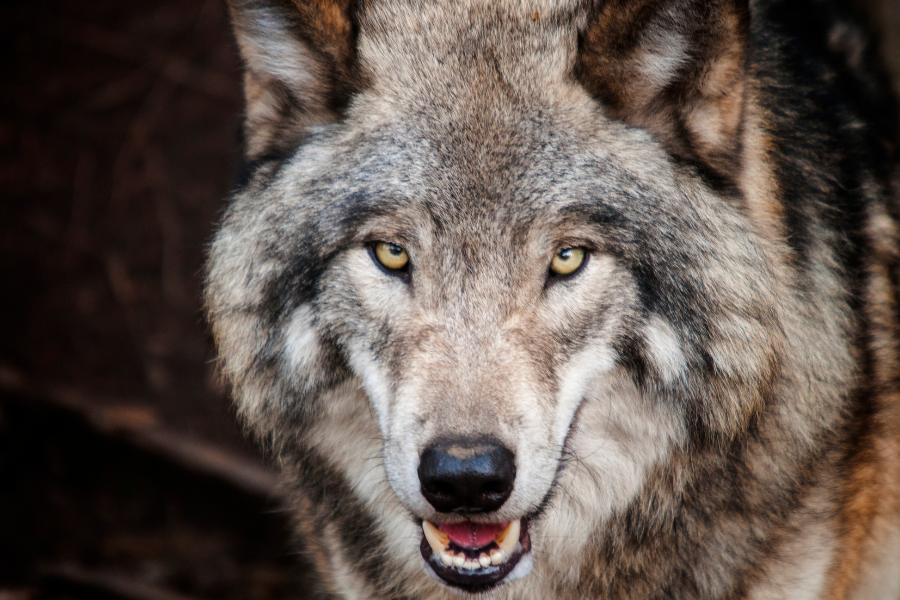Hey there, dog parent! Noticed something odd about your pup's poop lately? If there's a gooey, mucus-like material making a guest appearance in your dog's doo-doo, fear not. This mucus mystery is more familiar than you might realize. Let's dive into the world of mucus in dog poop and see what it means for your fur baby.
Doggy Doo-Doo Decoder: Mucus is What Now?
Mucus in your dog's poop can be a surprising sight, especially if it's your first encounter. It can look clear, white, or even a bit yellow - but why is it there?
The Mucus Motive
Mucus is a natural goo produced by your dog's intestines and its purpose? To keep things running smoothly in the poop department. Its job is to keep the colon moisturized and aid in the safe passage of stool. A bit is normal and usually flies under the radar.
Why Can There be Mucus in a Dog's Stool?
If you're seeing more mucus than usual, it's a signal that your pup's digestive system is in overdrive. Factors like diet changes, allergies, infections, or stress can stir up extra mucus. It's kind of like the body's personal security system.
Should You Hit the Panic Button?
A smidge of mucus here and there is no cause for alarm. However, if your pup's poop is more mucus than matter, or if other symptoms pop up like an upset tummy or poor appetite, it's time to call in the doggy doctor.
Mucus Culprits: Common Causes
Knowing the usual suspects of mucus can help you decide if a visit to the vet is required. Let's meet the mucus makers.
Food Fiascos
Did you switch your pup's food recently? Dietary disruptions can shake up their system, leading to extra mucus. Give your dog's gut some grace period to get used to the new grub.
Allergies and Irritations
Fido can be finicky with food, too. Common allergens include grains, dairy, and certain proteins. If these are in your pup's plate, it might trigger extra mucus production.
Infections and Unwanted Guests
Bacterial baddies, viruses, and parasites can agitate the poop chute, leading to mucus. Watch out for other signs like loose stools, vomiting, and low energy.
More Serious Mucus Makers
While rare, some conditions need immediate attention. Be ready to react if needed.
Tummy Troubles (IBD)
IBD is a long-term issue causing inflammation in your pup's gut. Symptoms include regular runny stools, weight loss, and mucus in the mix. If you spot ongoing symptoms, have your vet check your fur baby.
Tumors and Tricky Growths
Once in a blue moon, tumors or polyps in the intestines can prompt mucus production. These growths interrupt standard digestion, leading to various symptoms like mucus-filled stools.
Blocked Pipes
If your dog gulps down something they shouldn't, it can cause a critical blockage leading to mucus production. Look out for severe throw-ups, tummy pain, and no pooping.
Mucus Matters: When to Ring the Vet
It's vital to know when your pet's mucus calls for professional paws-on treatment.
Persistent Poo Problems
Do the mucus visits seem endless or recurring? If the mucus horror show continues for more than a few days, it's vet time.
Red Flag Symptoms
Keep an eye out for symptoms like blood in the poop, vomiting, diarrhea, drowsiness, or changes in appetite. These could mean a more pressing problem.
Fear Fighters
If you're anxious about your dog's health, give your vet a call. They can offer reassurance and guide you on next steps.
Handy Home Remedies
For mild cases of mucus in your pup's poop, some easy home remedies can help manage the situation.
Diet Diversions
Consider introducing new food bit by bit if it's causing the mucus madness. This gives your pup's gut time to adjust comfortably.
Water Warriors
Ensure your pet is well-hydrated. Good water intake supports a healthy digestive system and can curb Mucus Mania.
Positive Probiotics
Probiotics can create a friendly environment for your pup's gut. Ask your vet for advice on probiotic goodies that can boost your dog's digestive health.
Staving off Future Fiascos
An ounce of prevention is worth a pound of cure. Here are some tips to keep your pet's gut happy.
Steady Supplies
Commit to a meal plan that suits your pooch's palate. Ease into new foods gradually and give their system time to adapt.
Vet Votes
Regular check-ups can diagnose potential problems early. Your vet can offer personalized advice based on your pet's health report card.
Parasite Patrol
Stay on your parasite prevention game. This keeps your pet safe from infections that upset their poop production.
Stress
Like us, our pets can get stressed, which can mess with their digestion. Spotting and managing stress can make a huge difference.
Marking Stress Marks
Changes in routine, new places, loud noises can stress your pup. Understand your dog's stressors to manage them better.
Stress Busters
Regular exercise, mental challenges, and a calm home can help keep stress at bay. Sometimes, small changes make big differences in your dog's overall well-being.
Gut-Brain Bond
Remember the deep link between our brain and gut? Lower stress levels positively impact your pet's digestion and mucus issues.
Final Woof
While mucus in your dog's poop can raise eyebrows, it's not always a red alert. Knowing the why's and when's can ensure your furry friend stays in top-notch health. Remember, a little mucus is alright, but ongoing or severe symptoms need a vet consult.
Your dog's health is top priority, so never hesitate to reach out to pros when in doubt. For more on pet care tips and to join a community of dog lovers, subscribe to our newsletter and let's keep our pets hale and hearty!
FAQ
What Should I Feed My Dog with Mucus in His Stool?
Spotting mucus in your furry friend's poop can really ruffle your feathers, but don't fret, cool cats - diet changes can often tackle the tricky tummy troubles. Initiate the grub switch up with gut-friendly goodies like boiled chicken, rice, and sweet potatoes - they're like a cozy blanket for your pup's digestive system. This trio of tummy tamers can ease irritation and help hit the reset button on your dog's gut health.
Sneak in a bit of pumpkin or plain yogurt to keep things flowing smoothly and add a probiotic punch. Sidestep allergen villains like grains, soy, and certain proteins that could cause a belly backlash. Stick to one protein hero at a time and gradually bring in new characters to unmask any offenders.
Hydration is the superpower your dog needs, so ensure they have a never-ending waterfall of fresh water. For stubbornly sticky situations or serious symptoms, don't hesitate to call in the cavalry - your vet can whip up a specialized diet, potentially bringing into play prescription foods designed to tackle tummy troubles.
Staying vigilant about your dog's diet and making smarty-pants swaps can go a long way in boosting their digestive health and slashing the mucus in their stool. Remember, your vet is the superhero sidekick you need for advice tailored to your pet's unique needs.
References
1) Cerquetella M, Spaterna A, Laus F, Tesei B, Rossi G, Antonelli E, Villanacci V, Bassotti G. Inflammatory bowel disease in the dog: differences and similarities with humans. World J Gastroenterol. 2010 Mar 7;16(9):1050-6. doi: 10.3748/wjg.v16.i9.1050. PMID: 20205273; PMCID: PMC2835779.



